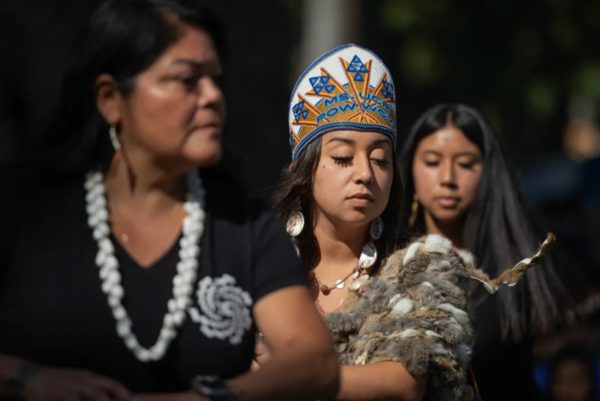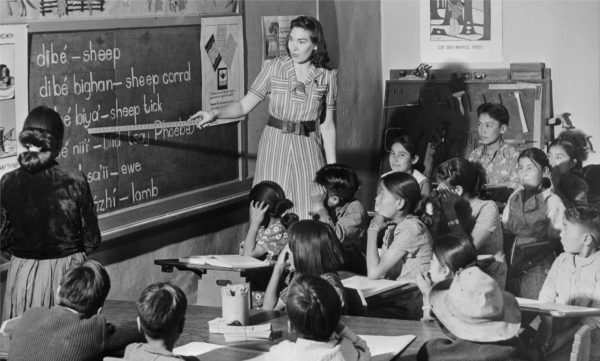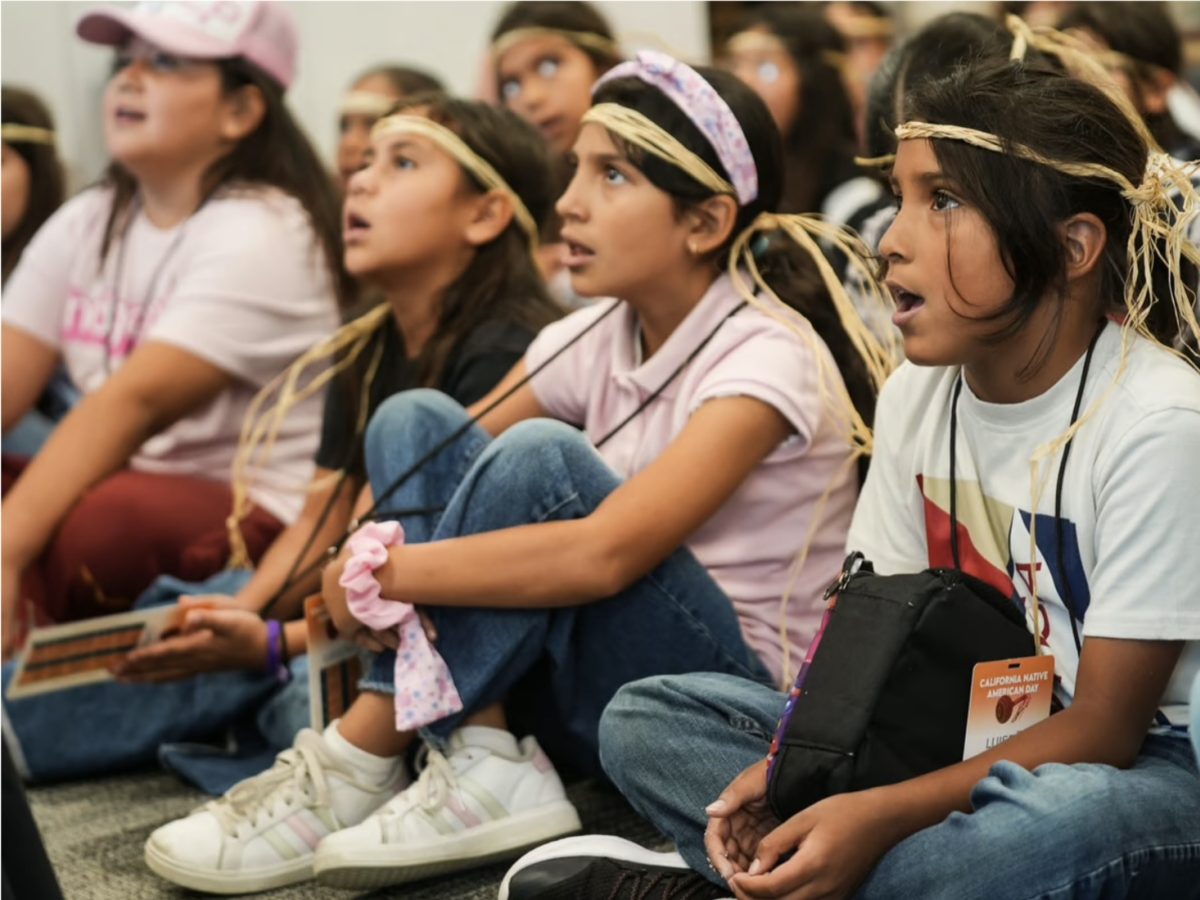On Friday, September 27, 2024, Governor Gavin Newsom signed a new bill requiring public schools statewide to teach the historical mistreatment of Native Americans and the truth about their contributions during both Spanish colonization and the settlement in California.
The bill passed on California’s Native American Day, a day signed into law in the late 1990s to honor the Native American community; California is the second most Indigenous-populated state in the nation, with 109 federally recognized Indigenous tribes. When the bill goes into full effect in January of 2025, revisions by California’s Department of Education on Native American history and the social studies curriculum is required to be communicated to tribes.
“This is a critical step to right some of the educational wrongs,” Johnny Hernandez Jr., the vice chairman of the San Manuel Band of Mission Indians in Southern California and a prime supporter of the bill, expressed prior to the signing of the bill.
The new legislation will build on the bills by Assemblymember James Ramos, the first Native American lawmaker for the state of California. His previous bills, signed in 2022, included AB 1703, the California Indian Education Act, which encouraged the establishment of task forces of educators and Indigenous representatives to share tribal history in order to improve Native American curriculum in the classroom. The bill also called for this new material to be shared with the California Department of Education in order for it to be shared throughout the state. This bill was a starting point for Native American history, culture, and stories being shared in the classrooms.
“For far too long California’s First People and their history have been ignored or misrepresented. Classroom instruction about the Mission and Gold Rush periods fails to include the loss of life, enslavement, starvation, illness and violence inflicted upon California Native American people during those times. These historical omissions from the curriculum are misleading.”- Ramos
The requirement will affect elementary, middle, and high school history curriculums, especially 4th grade history courses and the newly required high school ethnic studies course. 4th graders studying California history, which currently focuses on missions, statehood, and the general topic of Native Californians, will now be mandated to include lessons on the mistreatment of Native Californians during that time.
Prior to the bill, schools were not required to thoroughly teach the topic of Native Californians, which was evident in the discourse between students and their knowledge of Native American brutality dating back to the 1700s. The Native American community has faced extreme hardships spanning from the late 1700s to the early 1900s, from being enslaved and exposed to disease, to government-run boarding schools.
Still, in 2020, almost 1.4 million Californians identified as at least part of Native American. Although this brutal history of the Native American community may seem too violent for elementary education, it is important to recognize the truth in our history, and to remember the stories of the California Natives who suffered.
This new bill is a step forward in working towards redefining Native American history and representing mistreatment correctly in California’s education. Tribal representatives are optimistic that the bill will not only help reform the social studies curriculum, but will encourage students to learn more about the interesting culture and strong resilience of the indigenous people. Newsom expresses his similar optimism for the progress made in working towards equity for Native people and hopes that this progress continues in the future:
“I’m proud of the progress California has made to reckon with the dark chapters of our past, and we’re committed to continuing this important work to promote equity, inclusion and accountability for Native peoples. As we celebrate the many tribal communities in California today, we recommit to working with tribal partners to better address their unique needs and strengthen California for all.”-Governor Gavin Newsom


